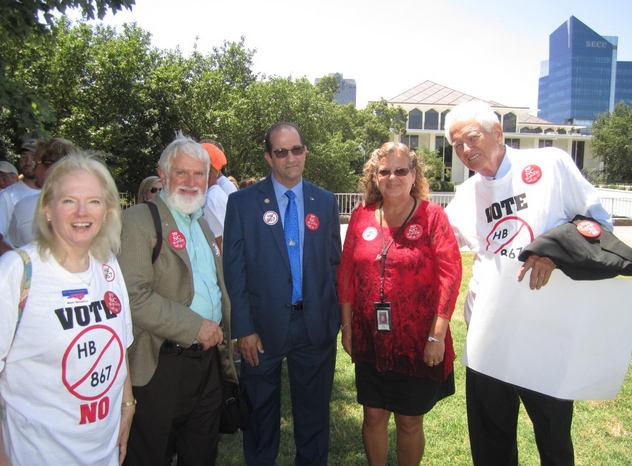I need to say up front that I neither hunt nor fish, and I am not likely to take up either in the future. However, I have a lot of respect for the people who do hunt and fish because the people I know who engage in these activities are very aware of conservation and have a lot of respect for the land they hunt and fish on. Because of this, I am glad to see President Trump opening up large areas of America for these sportsmen.
The Washington Examiner posted an article yesterday stating that the President has instructed Interior Secretary David Bernhardt to open 1.4 million acres and eliminate 7,500 regulations limiting access to that land.
The article reports:
The campaign to open access to the outdoors is a personal one for Bernhardt. In an interview, he said that living next to federal land as a kid in western Colorado helped shaped his life.
“Having those opportunities to succeed and fail made me more confident and made me more willing to accept challenges,” said Bernhardt. “If I lived somewhere where my parents had to drive 300 miles for me to hunt or fish, it wouldn’t have happened at all, though that might have been a lot better for my grades.”
When he had young children in his first tour at Interior under former President George W. Bush, then-Secretary Dirk Kempthorne advised him to get a boat.
“He said, ‘You need to get a boat. The great thing about a boat, if you get your kids on one, even if they are with their friends, they’re stuck with you,’” Bernhardt recalled. And now, he added, his kids are hooked on the outdoors. “Exposure matters,” said the secretary, whose office sports a huge moose skull and antlers from an Alaska hunt.
First under former Interior Secretary Ryan Zinke and now as the nation’s top outdoorsman, Bernhardt has been implementing rules to expand access at lightning speed.
As part of that effort, Interior’s Fish and Wildlife Service established 10 “hunting and fishing chiefs” that have scoured every single federal property to find opportunities to expand access.
This month, Bernhardt announced a proposal to open 1.4 million more acres to hunting and fishing at 74 national wildlife refuges and 15 national fish hatcheries. After a public comment period, he hopes to have the land open in time for the September dove season.
The article also notes:
Part of the effort also aims at harmonizing federal and state hunting and fishing regulations, commonly a complex maze. “You’ve got to be a lawyer to figure out if you can hunt or can’t hunt,” said Bernhardt, a former board member on the Virginia Department of Game and Inland Fisheries.
Wildlife conservation groups are buzzing about the new access.
“This announcement will benefit America’s sportsmen and -women by providing access to prime hunting and fishing areas,” said Christy Plumer, chief conservation officer for the Theodore Roosevelt Conservation Partnership.
Our sportsmen are some of our best conservationists. They will sound the alarm when anything in nature is out of order. I think it is wonderful that this land will be open for hunting and fishing.


